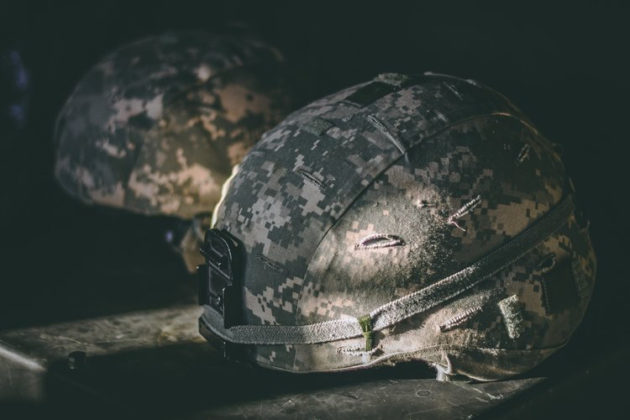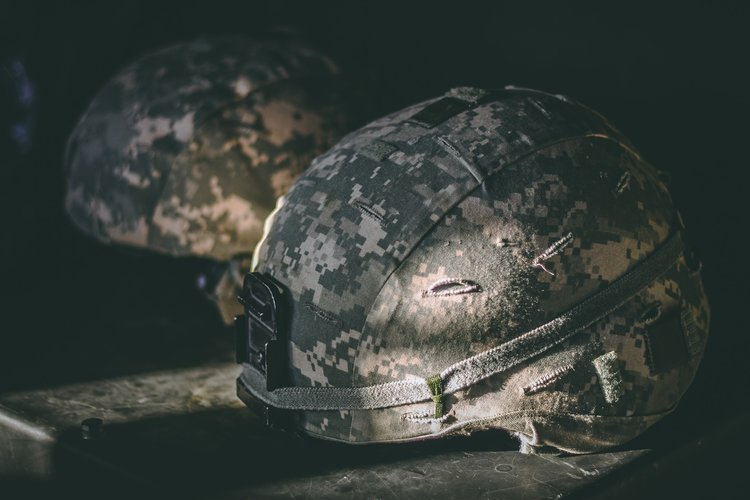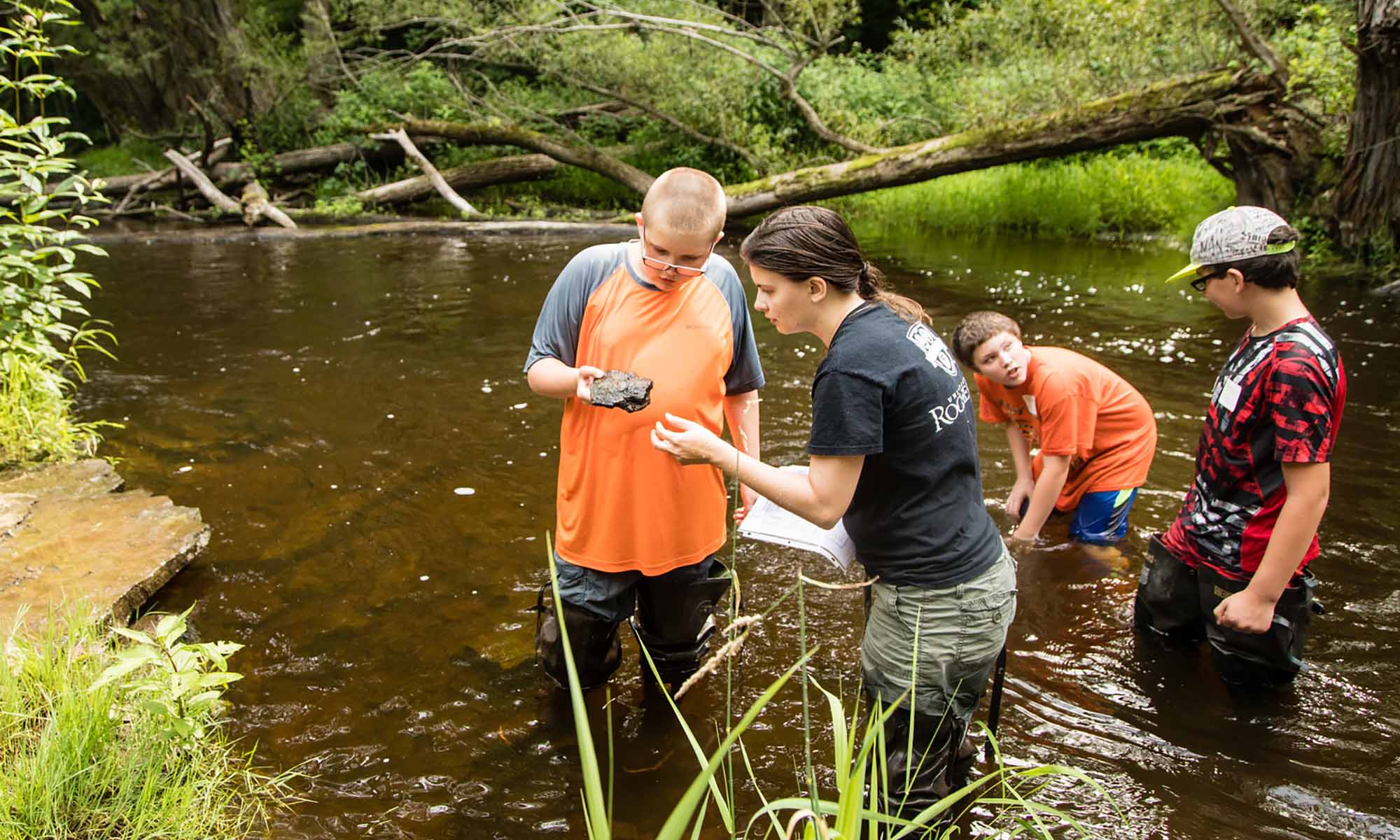WetWare Biosystems incorporates new medical technologies into existing equipment to stem the effects of traumatic brain injuries.

Two University of Rochester students who are developing technology to prevent the spread of traumatic brain injuries recently won a Small Business Innovation Research (SBIR) grant from the US Air Force.
Bradley Smith ’21 (e5) and Andrew Kaseman ’21 operate WetWare Biosystems, an early-stage biotechnology firm which incorporates new medical technologies into existing protective equipment to create a positive impact on patient outcomes. There are nearly 100 million cases worldwide of traumatic brain injuries (TBIs) each year.
The grant will allow Smith and Kaseman to continue developing novel technologies to mitigate neurodegeneration following physical trauma. WetWare’s flagship product, the IRONCROWN helmet, offers a non-invasive treatment solution for military and civilian applications within the first hour after a traumatic event.
“The biggest challenge in treating TBIs is that by the time a person gets to a hospital, the injury has progressively expanded and killed physically undamaged tissue,” says Smith, an Ellicott City, Maryland, native who majored in neuroscience at the University. “As brain cells cannot be replaced, it’s virtually impossible to reverse the damage once these cells are destroyed.”
WetWare aims to reverse that.
“With our technology, when a person is hit in the head at a certain velocity or strength of impact, our system is activated, and subsequently applies an electromagnetic field that can potentially mitigate the spread of damage, thereby preventing progressive tissue death before it ever has a chance to spread,” Smith says.
Wetware Biosystems is searching for Air Force end-users who are interested in financially supporting a Phase II clinical trial for its technology. “So far, we’ve generated preliminary interest from several,” Smith says. “If we gain support from an internal Air Force organization, we’ll hopefully win a Phase II grant to support all of the technical and clinical testing required for FDA approval.”
Smith says full FDA approval can take two or three years, depending on the nature and complexity of the medical treatment.
WetWare Biosystems was created in 2018 and the following year won the $20,000 top prize from the inaugural Swarm Starter Competition, sponsored by the University’s Ain Center for Entrepreneurship.
“WetWare has made tremendous progress over the last few years,” says Duncan Moore, vice provost of entrepreneurship. “They’ve worked with the Ain Center to take advantage of every opportunity available to them to learn, grow and develop their technology into a business, and their selection as SBIR grant winners is proof that their hard work is paying off. Their technology has the potential to make a real impact in mitigating the effects of traumatic brain injuries and we’re very excited to see what they’ll achieve.”





